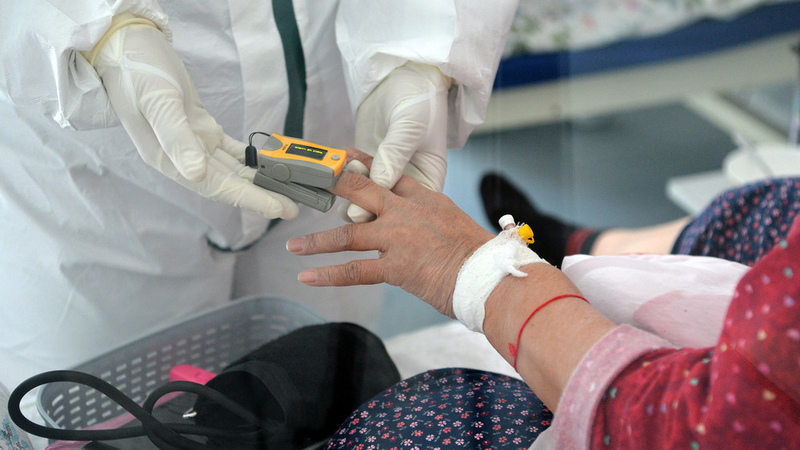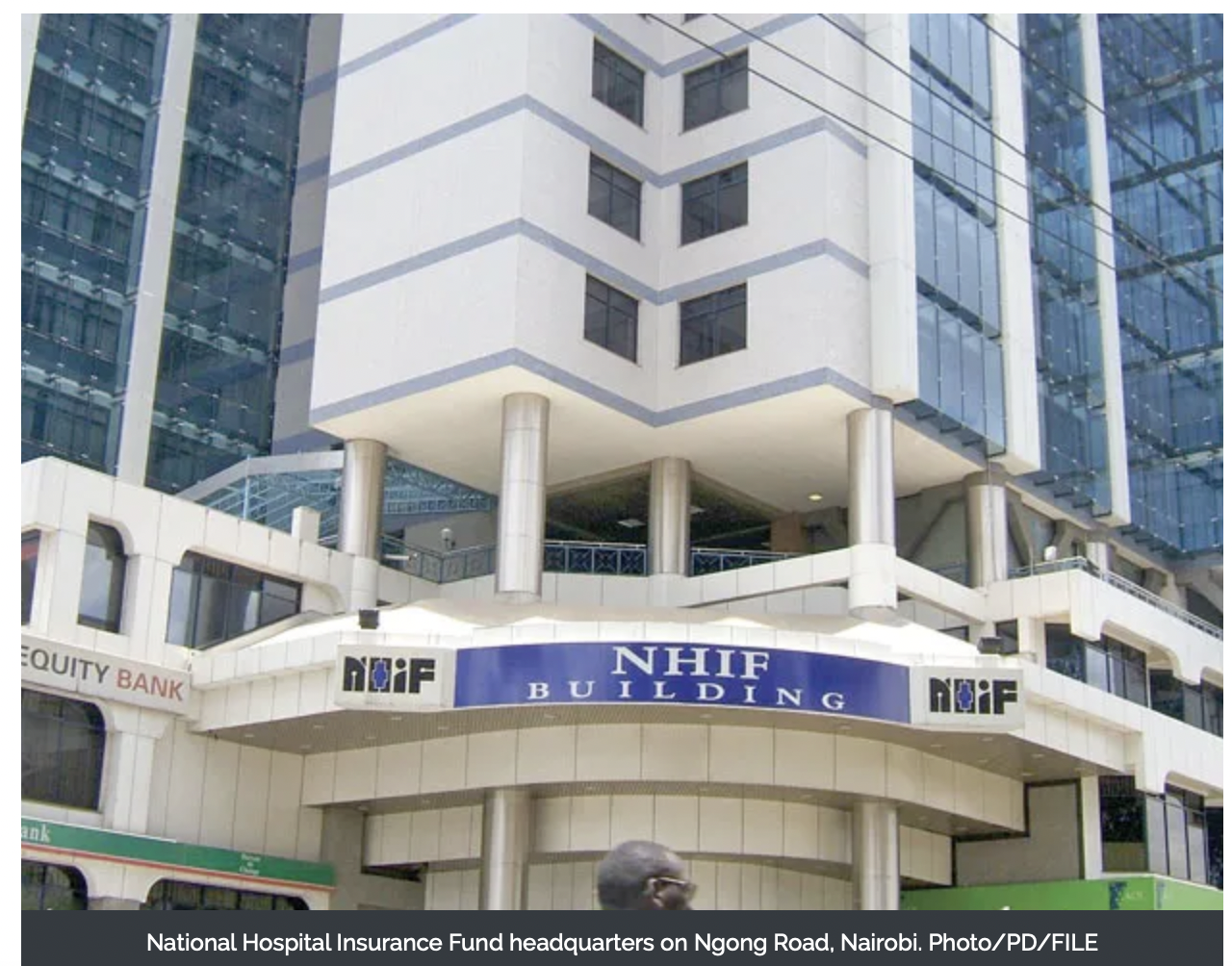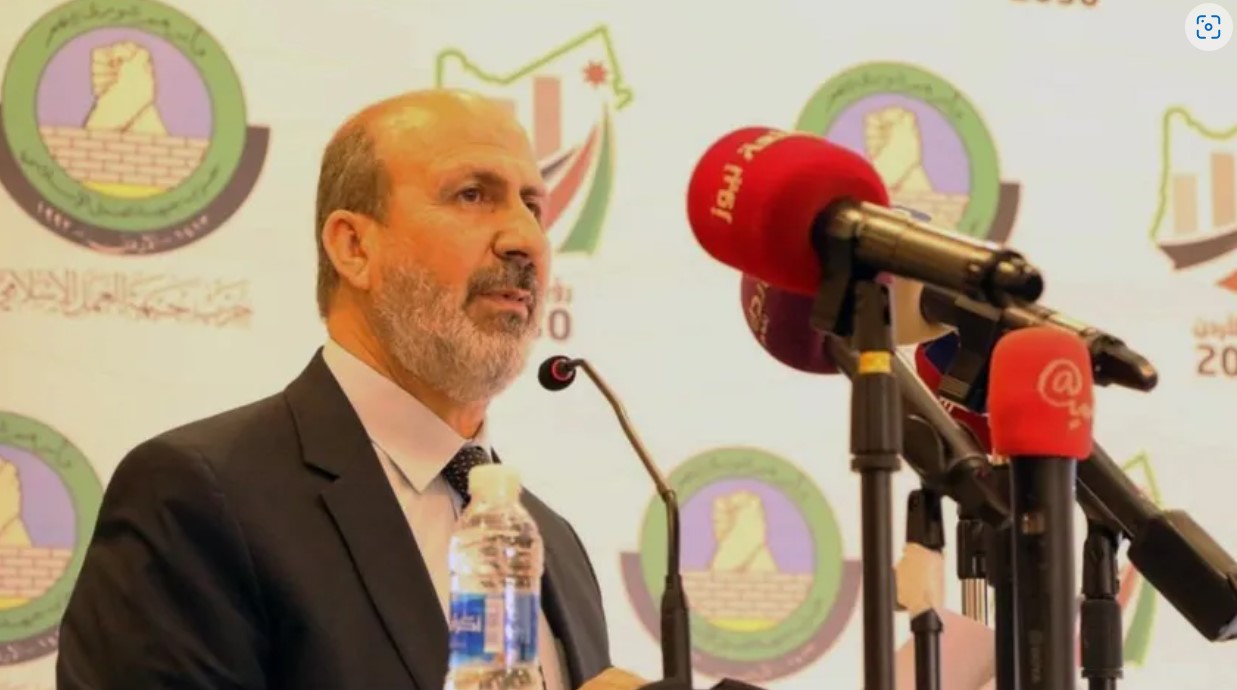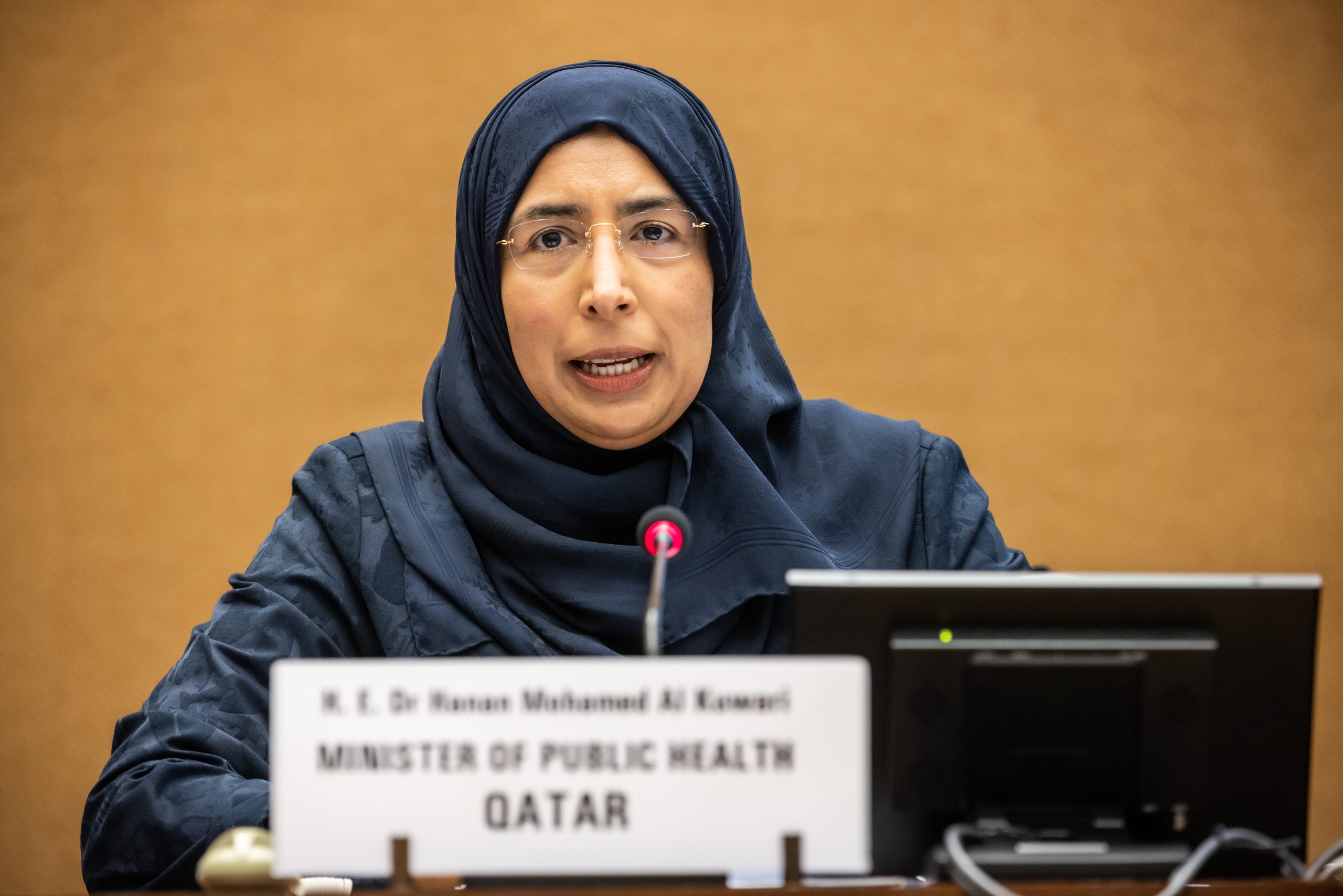The NAF was established with the aim of securing protection and care for financially vulnerable families, raising their standard of living by providing monthly and emergency financial aid. The NAF's functions include referrals to the Ministry of Health to issue...
Higher Health Council Law No. 9
The law established the High Health Council. The council’s mandate is also to organize and develop the health sector as a whole so as to extend health services to all citizens according to the most advanced methods and scientific technology. It publishes the National...
Law on Social Security Schemes
"This law has the objectives to define common principles, procedures, mechanisms and administration system of social security schemes of the Kingdom of Cambodia such as Pension, Health Care, Occupational Risk and Unemployment Schemes."

Tajikistan is to introduce health insurance for the working
According to the Ministry of Labour, Migration and Employment of Tajikistan , the country is considering and discussing with WHO the introduction of compulsory health insurance for employees of organizations and enterprises of the country. Health insurance reform was...

Amended law will speed up healthcare reforms in Kenya
As part of the President Uhuru Kenyatta’s Big Four agenda, the Kenyan government put in place several strategies to facilitate the realisation of Universal Health Coverage (UHC). One of the strategies chosen was the introduction of the National Health Insurance Fund...
Inclusive healthcare and the political settlement in Cambodia
"This paper analysis the Cambodian health system, and more specifically the "Health Equity Funds" from a political economy perspective"

President of Azerbaijan reforms the Health Insurance System to increase transparency
In May 2022, President of the Republic of Azerbaijan made several decisions aimed at improving health care system management, specifically focusing on the health insurance system. Among the decisions made by the Azerbaijani President Ilham Aliyev were amendments to...
The National Strategy for Health Sector in Jordan
This document presents the key features of the national strategy of health sector in Jordan for the years 2015 - 2019 based on the Higher Health Council Law No. 9 of 1999. It is in line with the objectives set out in the National Agenda for Jordan and "We are all...
Sub-Decree On The Assignement of Health Management Function and Health Service Delivery to The Capital and Province Administration
"This sub-decree aims to improve health service delivery in a qualitative, safe, effective and quitable manner in the Kingdom of Cambodia by bringing decisions and responsabilities of health service management closer to citizens"
Universal health insurance in Africa: a narrative review of the literature on institutional models
Equitable health financing where costs are shared within a population based on everyone’s contributory capacity is critical for Universal Health Coverage (UHC). Several African countries have introduced Universal Health Insurance (UHI) programmes with the aim of...
Can National Health Insurance pave the way to Universal Health Coverage in sub-Saharan Africa?
African leaders across the continent have made bold commitments to attain Universal Health Coverage (UHC). One way to show this commitment has been through exploring National Health Insurance Schemes (NHIS). In this study, the authors examine African country...

Jordan: IAF proposes independent institution to run health insurance services
The Islamic Action Front party (IAF) in Jordan has proposed setting up an independent public institution to run health insurance services nationwide, similar to the Social Security Corporation (SSC). IAF said this is part of the Jordan Vision 2030 is based...

Qatar Healthcare Services Law No. 22 of 2021 effective as of 4 May 2022
In Qatar, the Healthcare Services Law No. 22 of 2021 (the Insurance Law) has become effective as of 4 May 2022. The Insurance Law is of material significance to companies established in the State of Qatar seeing that it introduces a mandatory health...
Governance factors that affect the implementation of health financing reforms in Tanzania: an exploratory study of stakeholders’ perspectives
Tanzania has been reforming health financing policies to expand health insurance coverage and achieve better access to quality healthcare for all. Recent reforms have included improved community health funds (iCHFs). Other reforms that are underway include the...
